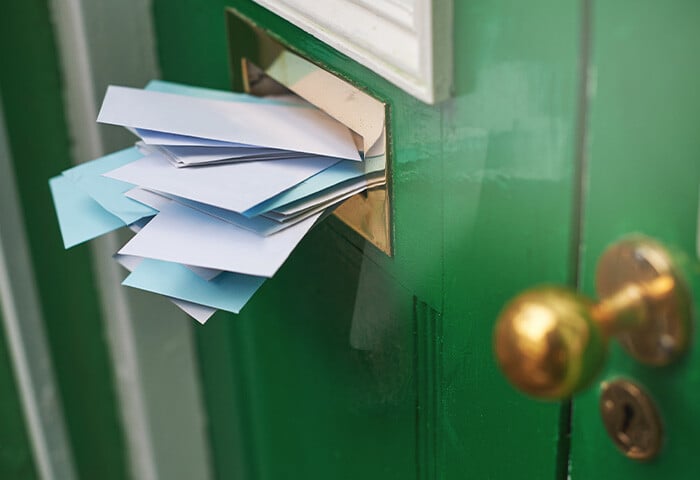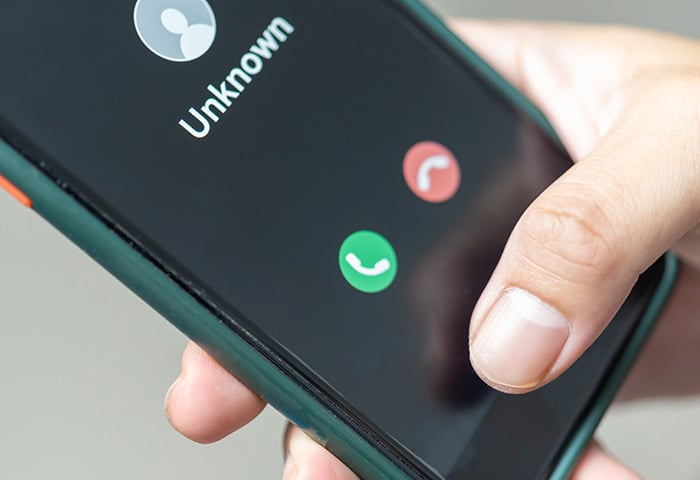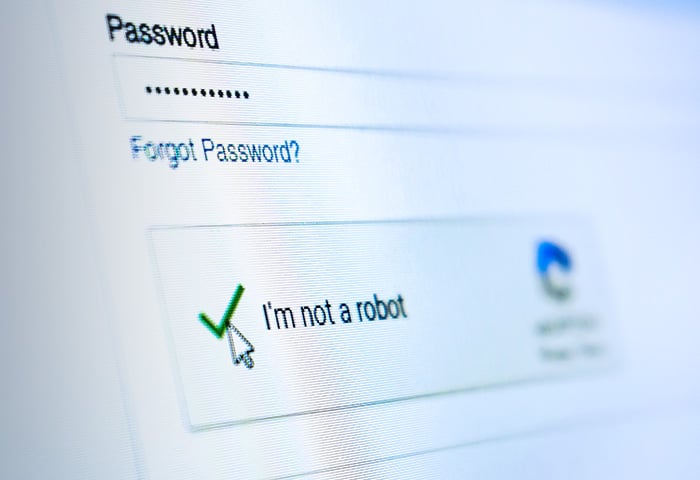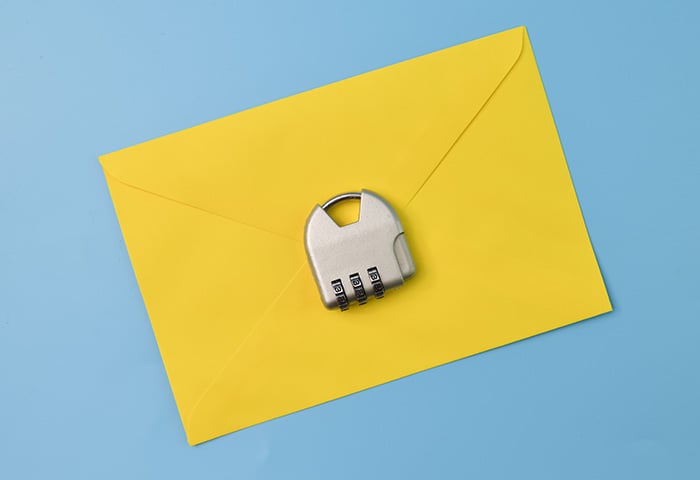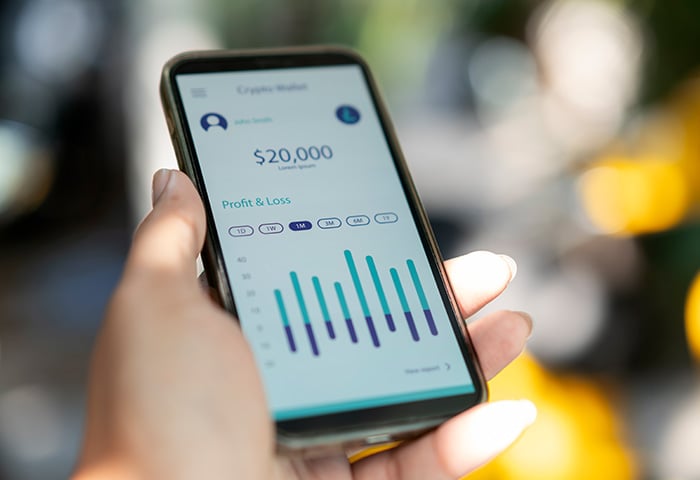But, they’re not perfect. So if you want a truly clean, spam-free inbox, there are four easy-to-remember tips you can use to help keep spam out of sight, and thus, out of mind.
1. Don’t share your email address
This might seem a little paranoid: after all, it’s not like your facebook friends are the ones sending you spam. But they’re not the problem… the problem is that the internet is swarming with bots that scan page after page of forums, social media, and other websites looking for email addresses that have been carelessly posted in public. Those bots will then take that email address, add it to some spammers address book, and your anti-spam will have even more to contend with.
If you have to share your email address, though, make sure you do it in a way that bots can’t recognize: Put a nice space between your email’s name, spell out the @ symbol, and things like that. So for example, instead of writing Jake8theCake@fakeaddress.com, you could write Jake8theCake [at] fakeaddress [dot] com. The website-scanning bots are always looking for whole and complete email addresses, and adding little extra touches is all it takes to trick them… while humans can still know exactly how to reach you.
2. Have multiple email addresses
Whenever you want to make a new account for a website or a service, you’ll probably need to hand over an email address. Not only will that email address sometimes be available to the public — for example, when you join a forum — but the service itself will probably send you things like offers, coupons and newsletters (awkward). Which is why you should always have at least two email addresses: one for your personal life, friends, and other stuff you care about, and another that you use to sign up for services and make online accounts. The second one will probably get boatloads of spam, but the one you actually care about will be blissfully spam-free.
3. Name your email address carefully
Spammers are always looking for more people to send their junk too, and they’ve devised quite a few tricks to find more targets. For example: a shockingly large number of people, when they make an online account, will make their username the same as their email address.
For spammers, that’s an easy thing to guess: all they have to do is take your username… say, “WillowTickleJim”, add a @, then try the most popular email services, like Yahoo or Gmail. Chances are, they’ll get a hit, and their address book will get that little bit bigger.
So, like passwords, don’t reuse your email address! Make it nice and unique so that nobody could guess it just by looking at your accounts, or knowing your full name.
4. Don’t delete spam — report it!
Even if you follow all the tips above, you still might wind up getting some spam: it’s about as avoidable as mosquitoes on a summer day at the swamp. But don’t just delete the spam out of hand — it might do the job, but there’s a more productive way to get rid of it, while helping you avoid more spam in the future.
Mark it as spam (or junk) and send it to the spam/junk folder.
All the good anti-spam programs that these email services employ use machine learning to identify what’s spam, and what’s not. By marking a spam email as spam, you’re helping teach the anti-spam program what to look for, and you’ll be less likely to receive those kinds of emails in the future. Even better, since this data is shared with everyone, you’ll also be helping other people avoid spam as well. It’s a win-win, and it’s easy to do.
Hopefully by following these tips your inbox will stay tidy and pleasant. Now if only we could do the same for junk mail in real life!

